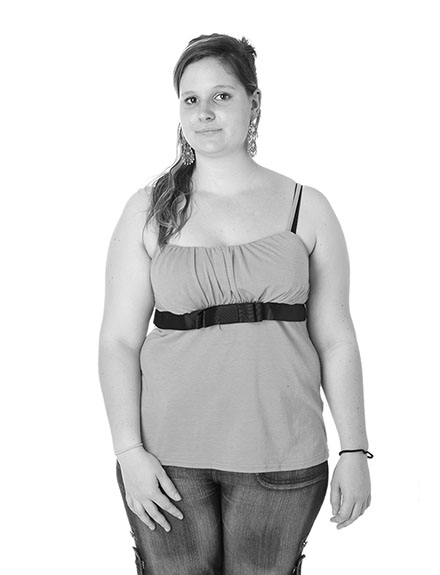| marie-hélène le ny |
|
photographist |
|
They are wild mice coming from Hungary. We first put them in quarantine, and we perform a blood test to be sure that they do not have any illness, such as zoonotic diseases. We then try to breed them in the laboratory. When we obtain several generations of mice, we are always careful not to breed related individuals, to avoid consanguinity. To distinguish individuals inside the cages we cut a bit of their fur near the legs, so we know who is who and we cannot mix them up. Each mouse has an identity card, where we note the birthday, the name of the breeding line and identity of the parents, therefore every animal can be easily identified. Many people have prejudices about animal experimentation, and they also have misconceptions. There are laws and ethical procedures to be respected; we do not simply do what we want. There are many rules and the laboratories are carefully monitored. Things have changed a lot.” |
|
||
|
Ludivine
Jaravel |
|||
|
|
|
|
